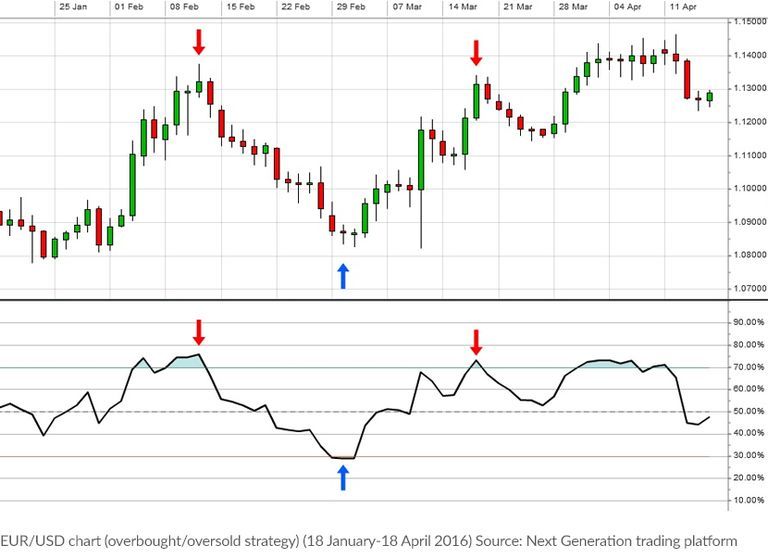In the dynamic and ever-evolving world of financial markets, two prominent avenues for investment and wealth generation stand out: forex trading and stock trading. Each path comes with its distinct characteristics, benefits, and potential risks, but which option reigns supreme in the pursuit of financial success?

Image: forexop.com
Forex Trading: Unveiling the Currency Exchange
The foreign exchange market, commonly known as forex, serves as the global marketplace where currencies are traded and exchanged. It is the largest financial market globally, boasting a daily trading volume exceeding $6 trillion. Forex trading involves speculating on the price fluctuations of currency pairs. For instance, traders may buy the EUR/USD pair if they anticipate the euro appreciating against the US dollar.
Advantages of Forex Trading:
– **24/5 Global Accessibility:** Forex markets operate round-the-clock, allowing traders to execute trades at times that align best with their schedules.
– **High Liquidity:** The immense trading volume in the forex market ensures that currency pairs can be easily bought and sold without significant price fluctuations.
Stock Trading: Delving into Equity Investments
Stock trading involves buying and selling shares of publicly traded companies on stock exchanges. When investors purchase a stock, they essentially become partial owners in the company, entitled to a proportional share of its profits. Stock prices fluctuate based on factors such as company performance, industry news, and economic conditions.
Advantages of Stock Trading:
– **Long-Term Growth Potential:** Stocks have historically outperformed forex trading over extended periods, offering investors the potential for substantial wealth generation through dividend income and capital appreciation.
– **Diversification Opportunities:** Stock trading provides access to a wide range of companies operating in diverse industries, enabling investors to reduce risk by spreading their investments.
Choosing the Path That Suits You
The choice between forex and stock trading ultimately depends on an individual’s risk tolerance, investment goals, and time horizon. Forex trading is typically more suited for short-term traders who prefer high leverage and liquidity. On the other hand, stock trading is ideal for long-term investors seeking stable returns and portfolio diversification.
Tips for Maximizing Success:**
– **Education and Research:** Gain a thorough understanding of financial markets, trading strategies, and risk management techniques by reading books, attending seminars, and seeking professional guidance.
– **Start Small and Gradually Increase Risk:** Begin with modest investments and gradually scale your positions as you gain experience and confidence. Remember that risk should always be proportionate to your available capital.

Image: www.cmcmarkets.com
Frequently Asked Questions
- Q: Which market is more volatile, forex or stocks?
A: Forex is generally considered more volatile than stocks due to the higher leverage and shorter time frames involved. - Q: Can I lose more money than I invest in forex trading?
A: Yes, forex trading involves leverage, which can amplify both profits and losses. It is possible to lose more than the initial investment. - Q: Which trading strategy is most profitable?
A: There is no single “holy grail” trading strategy. The most profitable approach is one that aligns with your risk tolerance, market knowledge, and financial goals.
Which Is Better Forex Or Stock Trading
Conclusion
The pursuit of financial success requires careful consideration of the available options. Forex and stock trading both offer distinct paths to potential wealth generation, but the best choice depends on individual preferences and circumstances. By grasping the intricacies of each market, utilizing effective strategies, and managing risk wisely, you can navigate the complexities of financial markets and achieve your investment objectives.






